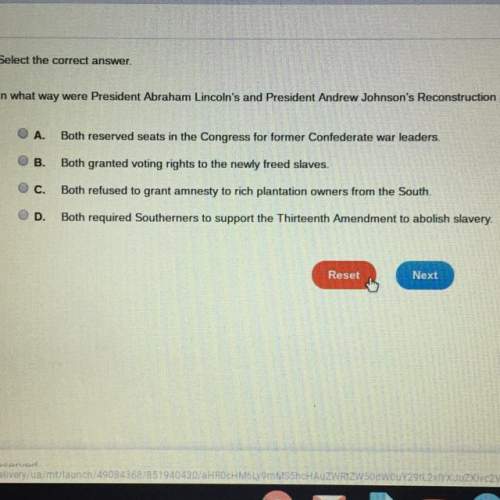
History, 13.11.2019 19:31 gabbym39077
Traditionally, the study of history has had fixed boundaries and focal points—periods, countries, dramatic events, and great leaders. it also has had clear and firm notions of scholarly procedure: how one inquires into a historical problem, how one presents and documents one’s findings, what constitutes admissible and adequate proof. anyone who has followed recent historical literature can testify to the revolution that is taking place in historical studies. the currently fashionable subjects come directly from the sociology catalog: childhood, work, leisure. the new subjects are accompanied by new methods. where history once was primarily narrative, it is now entirely analytic. the old questions "what happened? " and "how did it happen? " have given way to the question "why did it happen? " prominent among the methods used to answer the question "why" is psychoanalysis, and its use has given rise to psychohistory. psychohistory does not merely use psychological explanations in historical contexts. historians have always used such explanations when they were appropriate and when there was sufficient evidence for them. but this pragmatic use of psychology is not what psychohistorians intend. they are committed, not just to psychology in general, but to freudian psychoanalysis. this commitment precludes a commitment to history as historians have always understood it. psychohistory derives its "facts" not from history, the detailed records of events and their consequences, but from psychoanalysis of the individuals who made history, and deduces its theories not from this or that instance in their lives, but from a view of human nature that transcends history. it denies the basic criterion of historical evidence: that evidence be publicly accessible to, and therefore assessable by, all historians. and it violates the basic tenet of historical method: that historians be alert to the negative instances that would refute their theses. psychohistorians, convinced of the absolute rightness of their own theories, are also convinced that theirs is the "deepest" explanation of any event, that other explanations fall short of the truth. psychohistory is not content to violate the discipline of history (in the sense of the proper mode of studying and writing about the past); it also violates the past itself. it denies to the past an integrity and will of its own, in which people acted out of a variety of motives and in which events had a multiplicity of causes and effects. it imposes upon the past the same determinism that it imposes upon the present, thus robbing people and events of their individuality and of their complexity. instead of respecting the particularity of the past, it assimilates all events, past and present, into a single deterministic schema that is presumed to be true at all times and in all circumstances.
which of the following best states the main point of the passage? (a) the approach of psychohistorians to historical study is currently in vogue even though it lacks the rigor and verifiability of traditional historical method.(b) traditional historians can benefit from studying the techniques and findings of psychohistorians.(c) areas of sociological study such as childhood and work are of little interest to traditional historians.(d) the psychological assessment of an individual’s behavior and attitudes is more informative than the details of his or her daily life.(e) history is composed of unique and nonrepeating events that must be individually analyzed on the basis of publicly verifiable evidence

Answers: 1


Another question on History

History, 21.06.2019 13:50
Which scenario best illustrates a violation of procedural due process? plz
Answers: 3

History, 21.06.2019 19:00
(this is just for fun) "alexander hamilton had a torrid affair and "(hamilton reference) : )
Answers: 2

History, 21.06.2019 21:00
Answer asap ! 6) who was the main character of the odyssey? a. athena b. odysseus c. poseidon 7) what were the main foods of the myceneans? a. olive oil, goat cheese, fish, bread, and wine. b. wheat, barley, and milk. c. oats and chocolate 8) who were the main characters of the iliad? a. odysseus and athena b. athena and poseidon c. king agamemnon and achilles
Answers: 1

History, 22.06.2019 01:30
Many had hoped that a compromise would be reached to prevent further nation divide. which compromise do you think could have best prevented the civil war from occurring? explain why or why not using details from the lesson.
Answers: 3
You know the right answer?
Traditionally, the study of history has had fixed boundaries and focal points—periods, countries, dr...
Questions





Chemistry, 17.01.2020 07:31





Social Studies, 17.01.2020 07:31





Computers and Technology, 17.01.2020 07:31








